The F.B.I.'s Dangerous Crackdown on 'Black Identity Extremists'
The New York Times
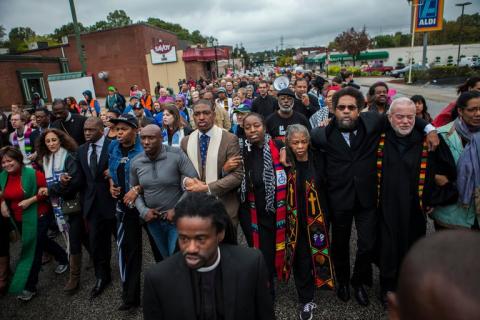
The 12-page report, prepared by the F.B.I. Domestic Terrorism Analysis Unit in August, and later made public by foreignpolicy.org, both announces the existence of the “Black Identity Extremist” movement and deems it a violent threat, asserting that black activists’ grievances about racialized police violence and inequities in the criminal justice system have spurred retaliatory violence against law enforcement officers.

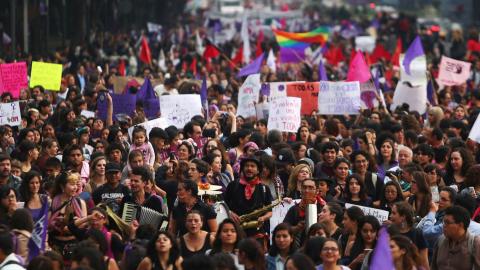
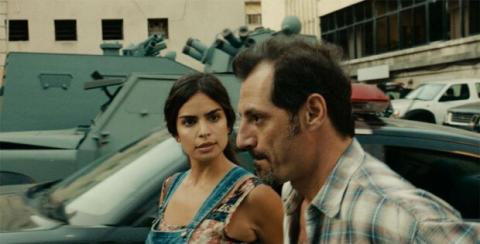

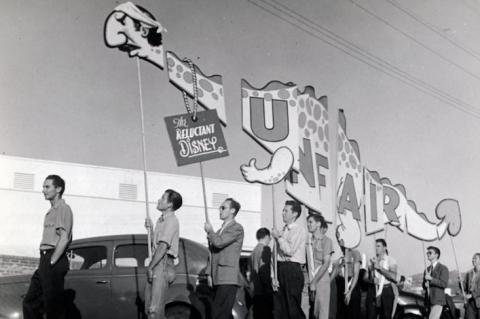


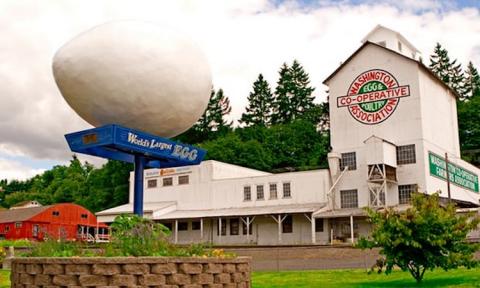
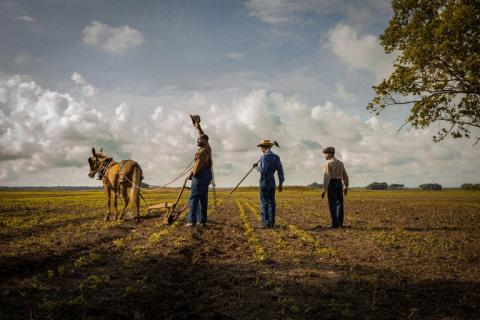
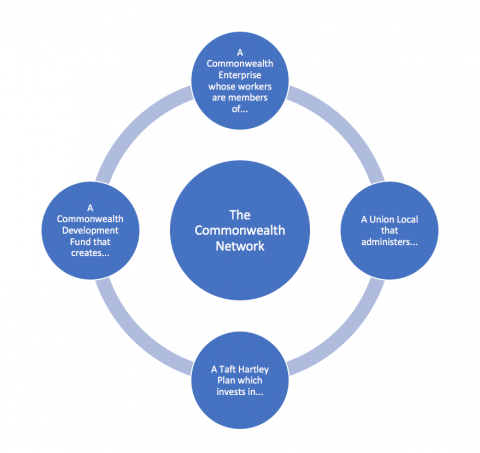
Spread the word